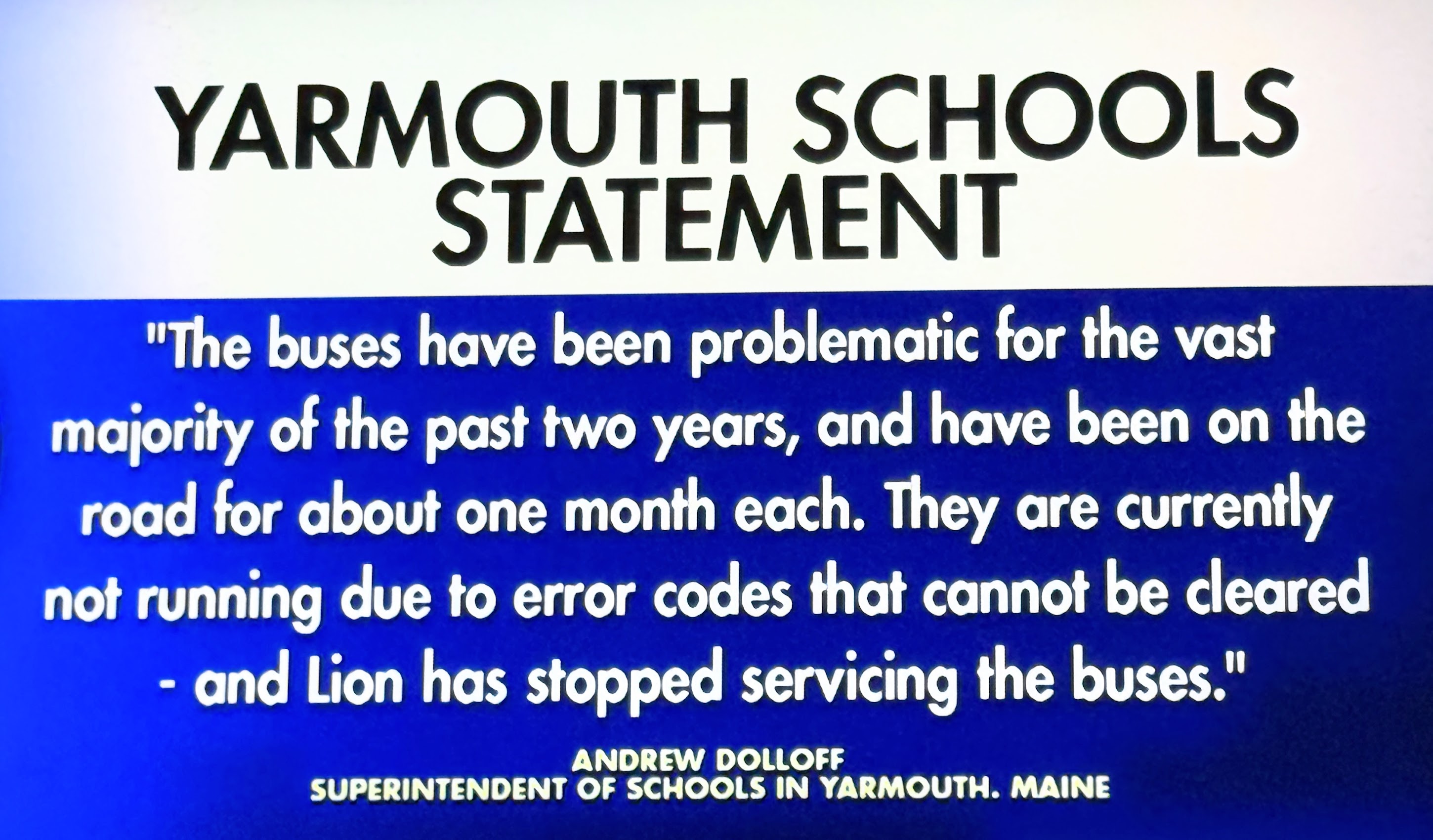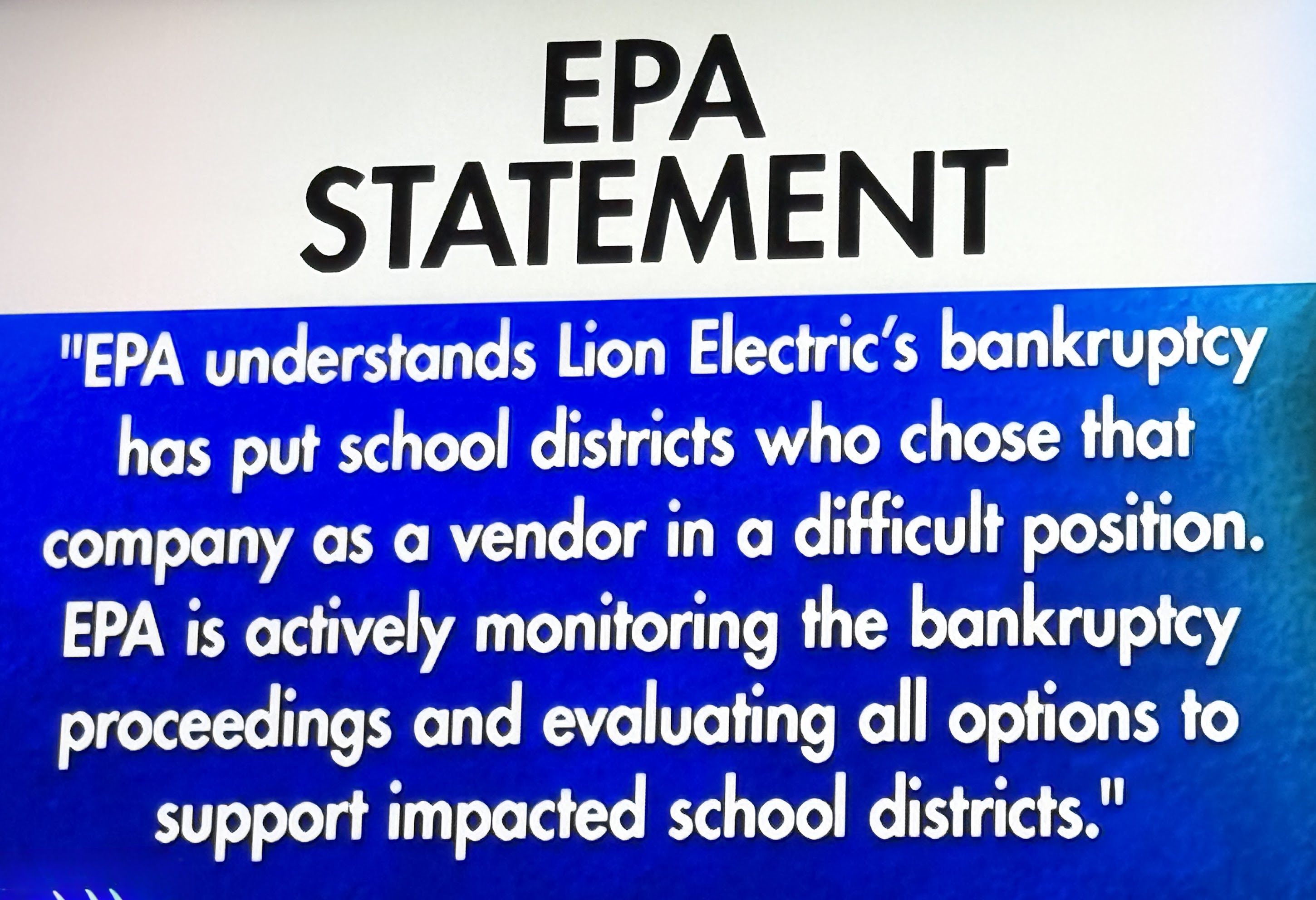The Biden administration’s push for green energy included a $159 million award to Canadian electric bus manufacturer Lion Electric between 2022 and 2024, making it the third-largest recipient of federal funding for electric school buses. The goal was ambitious: produce 435 zero-emission buses to modernize school transportation and reduce carbon footprints. However, Lion Electric’s recent bankruptcy has exposed significant flaws in this initiative—not only in the company’s execution but also in the broader strategy of funneling taxpayer dollars into unproven ventures.
Lion Electric’s failure to deliver hundreds of promised buses has left school districts across the U.S. in a bind. Many, expecting reliable electric fleets, now face delays and uncertainty. Worse, the company has warned that its financial collapse prevents it from servicing buses already in circulation, rendering them costly liabilities. For districts that invested in charging infrastructure and training, this is a double blow. The practical fallout? A reluctant return to diesel-powered buses, which are cheaper to maintain and readily available but undermine the environmental goals the funding aimed to achieve.
This debacle raises questions about the administration’s vetting process. Lion Electric’s financial instability was not unforeseeable; the electric vehicle sector is notoriously capital-intensive, with thin margins and high risks. Awarding such a substantial sum to a single company without rigorous oversight or contingency plans reflects a broader issue in federal green initiatives: prioritizing ideology over pragmatism. School districts, often strapped for cash, now bear the consequences of this misstep, forced to scramble for alternatives while students and communities lose out.


The Lion Electric case underscores the need for better accountability in federal spending. Future investments must prioritize companies with proven track records and robust financial health. Additionally, diversified funding across multiple manufacturers could mitigate risks. As districts revert to diesel, the irony is stark: a program meant to advance sustainability has, for now, reinforced reliance on fossil fuels. This serves as a cautionary tale for balancing ambition with execution in the pursuit of a greener future.